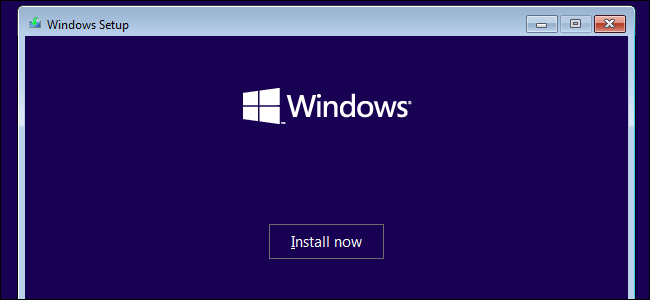Starting a couple of weeks ago, every 1-3 days, my PC randomly shuts off, turns itself back on a few moments later, I get a CMOS fail error in the BIOS, I load the default settings, things work perfectly for 1-3 days until it happens again. I did some research and learned that repeated CMOS failures might mean my motherboard battery is dead/dying, but the problem persists even after replacing it with a brand new one.
I don't know if the CMOS fail error is the cause of the problem or a symptom. This PC is almost 7.5 years old so I know it's probably time to get a new one, but I'd like to hang on a little longer if I can. Anyone have any advice?
My specs:
-BIOSTAR TZ77XE3 motherboard
-Intel i5-2500k+ (at stock speed I think, I may have OCed it very modestly several years ago, but since I set everything in my BIOS to default, I think that it's gone)
-Radeon 7970
-8 GB RAM
-Crucial M4 128gb SSD
-Windows 7
-Don't remember my PSU but I can look it up if need be
I don't know if the CMOS fail error is the cause of the problem or a symptom. This PC is almost 7.5 years old so I know it's probably time to get a new one, but I'd like to hang on a little longer if I can. Anyone have any advice?
My specs:
-BIOSTAR TZ77XE3 motherboard
-Intel i5-2500k+ (at stock speed I think, I may have OCed it very modestly several years ago, but since I set everything in my BIOS to default, I think that it's gone)
-Radeon 7970
-8 GB RAM
-Crucial M4 128gb SSD
-Windows 7
-Don't remember my PSU but I can look it up if need be



